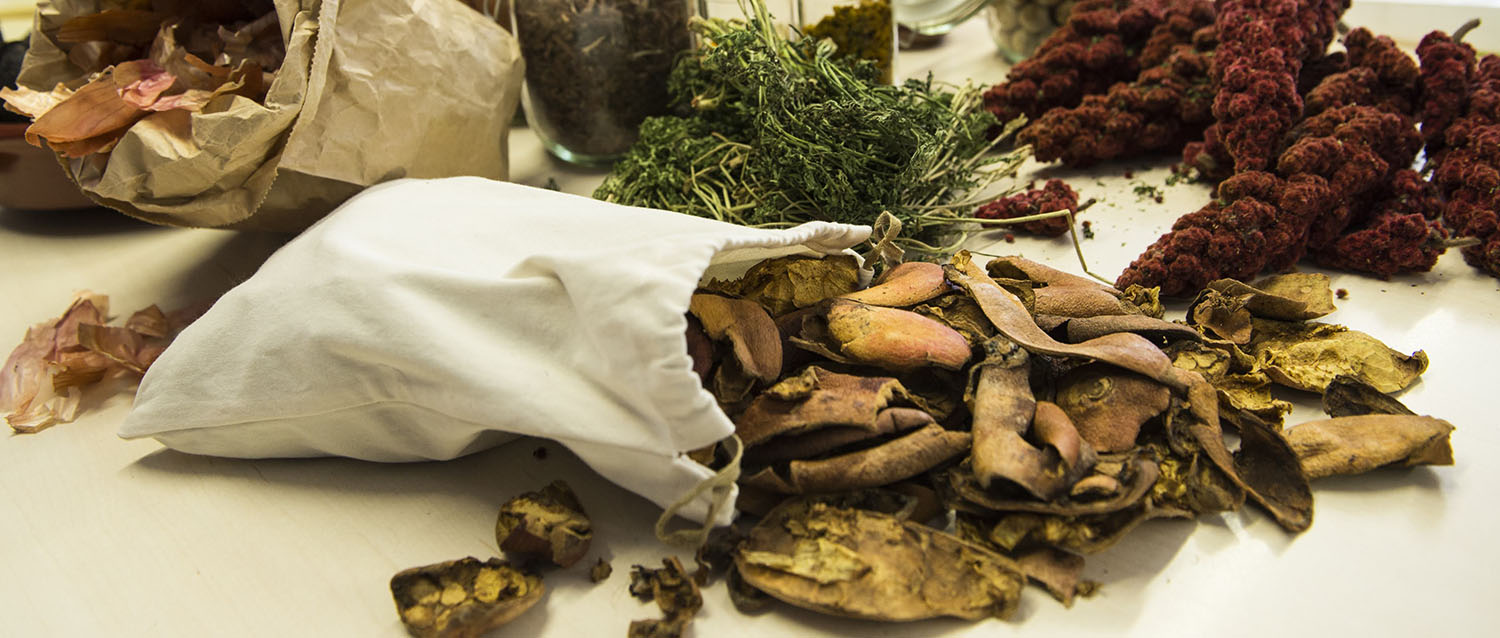

Medicinal plants: the seed of pharmaceuticals
Phytotherapy is the use of plants or plant substances to prevent or cure illnesses. It is an age-old practice that has been superseded by medicine since the 19th century, but is still alive and well in the collective imagination throughout the world.
The concept of phytotherapy comes from Greek and literally means “phytos” (plant) and “therapeia” (therapy). It is the use of plant products to combat aches, pains, symptoms or to help cure a disease. It is not considered a substitute for traditional medicine, which is highly oriented towards the pharmaceutical industry, but it is its basis. Although nowadays the use of plants has been restricted to curing minor aches and pains, preventing illnesses or improving our state of health, Catalonia has a long history in the use of medicinal plants that is still present in many homes.
We spoke to Marc Talavera, doctor in biology and president of Eixarcolant, to find out what to bear in mind when using medicinal plants. Eixarcolant is made up of a group of people including volunteers, members, board members and sympathisers who, from all over the territory, work for an agri-food model aimed at achieving socio-economic development with a positive impact. All of this is based on coherence, cohesion and placing nature and all that it has to offer at the centre of the project.
Can they really cure?
Marc’s answer is clear: “Obviously, plants can cure us, but we have to be aware and take into account whether it is enough to take an infusion, use wet cloths, make an ointment or vapours for our pain or illness, or whether we have to go to our family doctor to get a prescription for the drug he or she considers appropriate”.
Pharmaceuticals must be perfectly complementary to natural products, and Talavera warns us that, although we are talking about plants, we are still talking about chemistry, since “what can cure us in a plant are its active ingredients, which are chemical molecules”. The active ingredient, therefore, will act to restore our well-being and improve our state of health regardless of whether it comes from a tablet or directly from the plant.
However, knowledge is key, and in the same way that we are aware that we cannot self-medicate, because we could put our health at risk, we must also be cautious with plants. Marc gives the example of cardiovascular diseases, in which “components extracted directly from plants are used, but in a very regulated and precise way”. This is why, he concludes, we often cannot administer the plant directly, but have to administer it via pharmaceuticals.
The pharmaceutical industry, guided by nature
Currently, many drugs are manufactured from plant products, as Talavera points out: “The vast majority, more than 80%, of the active ingredients that currently make up conventional drugs have been synthesised and obtained from plants. Without plants we would not have the vast majority of drugs for everyday illnesses or heart diseases, chemotherapy…”. Traditional medicine and alternative therapies clash in many aspects, such as methodology, products and treatments. But despite the significant differences, the essence is the same: to heal. And in this sense, nature has always led the way.
Scientific advances and the popularisation of pharmaceuticals, especially around the 19th century, pushed natural remedies into the background. And although they are still the basis for many medicines, the growing market demand, which wants to reach the entire population, makes it impossible to produce them from 100% natural products. Instead of harvesting a plant to extract its properties, it is manufactured industrially.
As Talavera explained to us, active ingredients are chemical molecules, and therefore, the only thing industry has done is to identify these molecules and synthesise them artificially. Nature is used as a mirror, but it is industry that sets the pace and standards of production. Talavera concludes that “when we criticise the pharmaceutical industry, what should be criticised is not medicine, but the ethics behind large pharmaceutical corporations.”
The ‘trementinaires’, the tradition in Catalonia
Taking into account the benefits that plants can bring to our health, in Catalonia and also in many other parts of the world, there is a growing interest in recovering medicinal plants and incorporating them back into our daily lives, always with knowledge. Individuals, organisations and associations are working to preserve and disseminate this knowledge that has been passed down from generation to generation through word of mouth.
This is the case of the Eixarcolant or the Àvies remeieres, a group of women who meet every month to hold workshops and conferences to recover and disseminate this popular knowledge. To prevent this knowledge from being lost and to ensure that it reaches new generations, they have already published a couple of books.
Over the years, the emergence of trades such as ‘trementinaires’ has been key to keeping the dissemination of this knowledge alive. They were women, mainly from the Vansa and Tuixent valleys, who travelled on foot all over Catalonia selling herbs and oils made in a natural and artisanal way. Although the trade as such has been lost in recent decades, the tradition of using plants to cure, whether for private or professional use, continues in Catalonia. Once again, it should be stressed that knowledge is key, from harvesting to the quantities used, because depending on the season, the area and even the day and time a plant is harvested, its properties can vary.
The most common medicinal plants
There are many species in our environment that can have healing properties, but these are the most common healing plants for home use: thyme, for its antiseptic properties; elderflower for respiratory system ailments; hypericum, which can be macerated in oil as an external anti-inflammatory; arnica, which is also used as an anti-inflammatory; mallow root for colds; Plantago, which can be used for rinses to heal mouth wounds; and mint and lemon verbena as digestive plants.
As Talaver points out, “there are many species, and you have to know them, know their uses and administer them in a coherent way, always bearing in mind what other drugs or plants they may interact with.”
11Onze is becoming a phenomenon as the first Fintech community in Catalonia. Now, it releases the first version of El Canut, the super app of 11Onze, for Android and Apple. El Canut, the first universal account can be opened in Catalan territory.
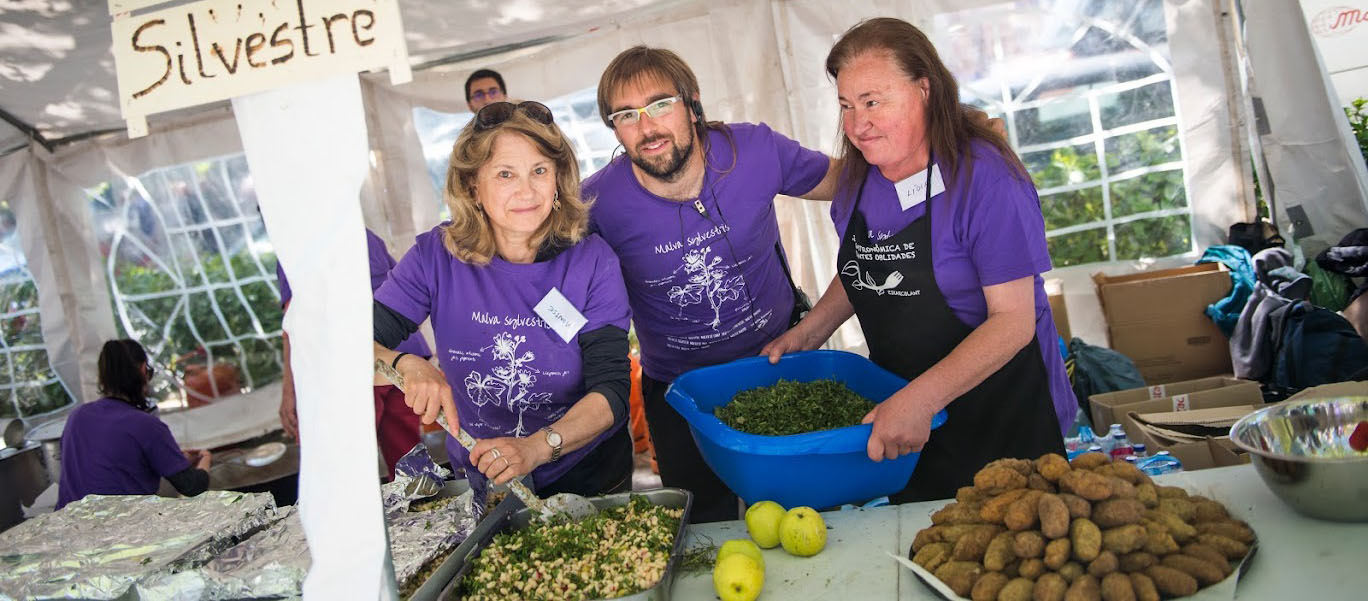
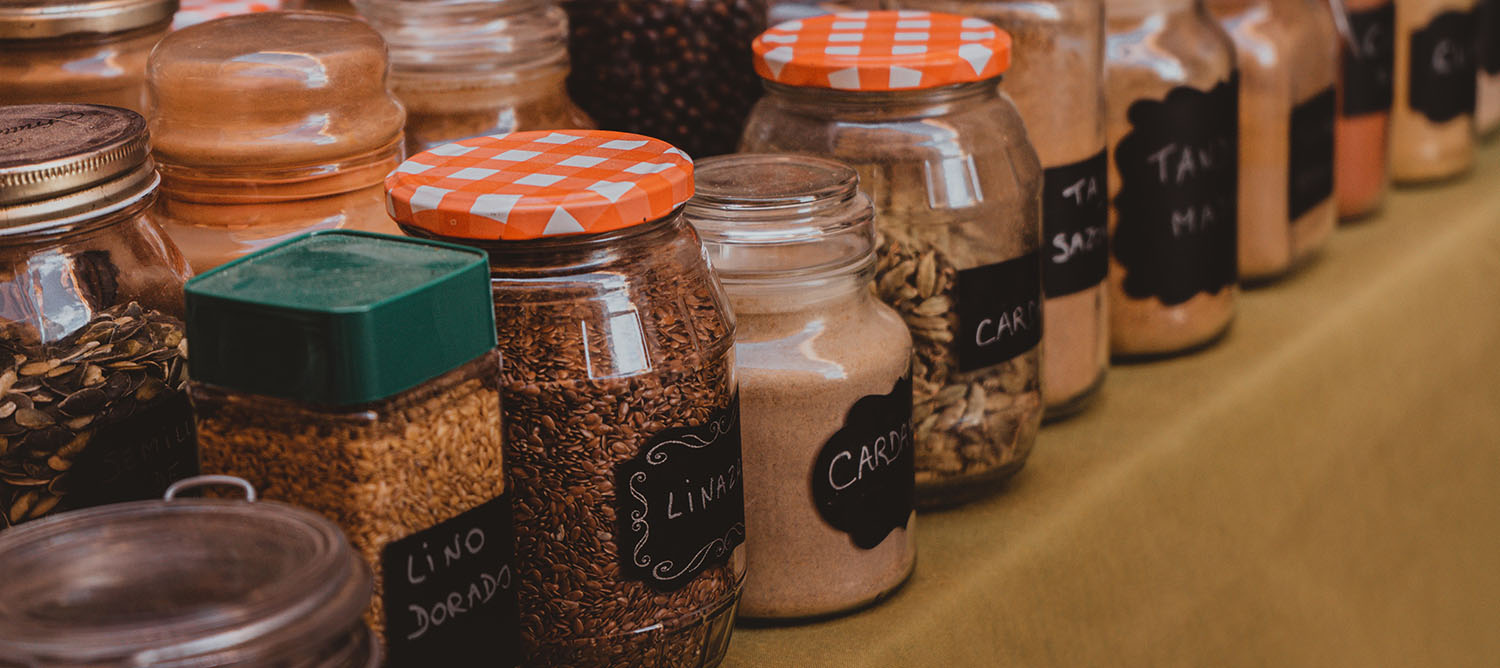
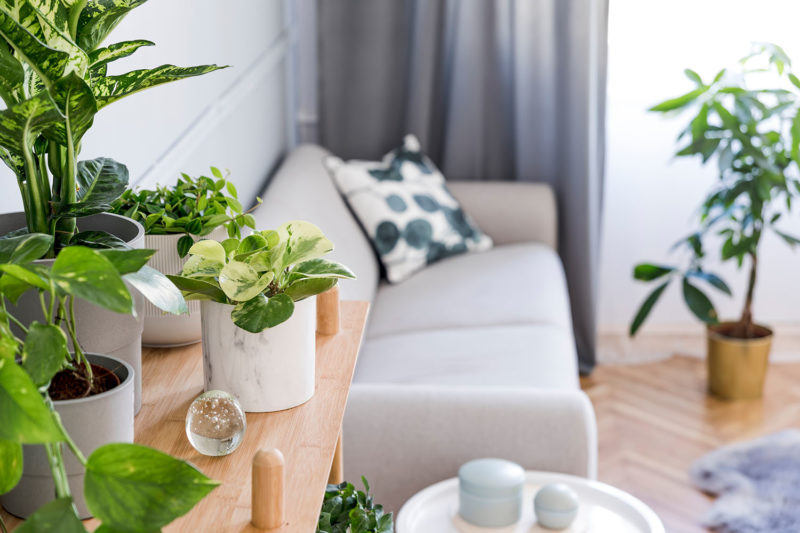
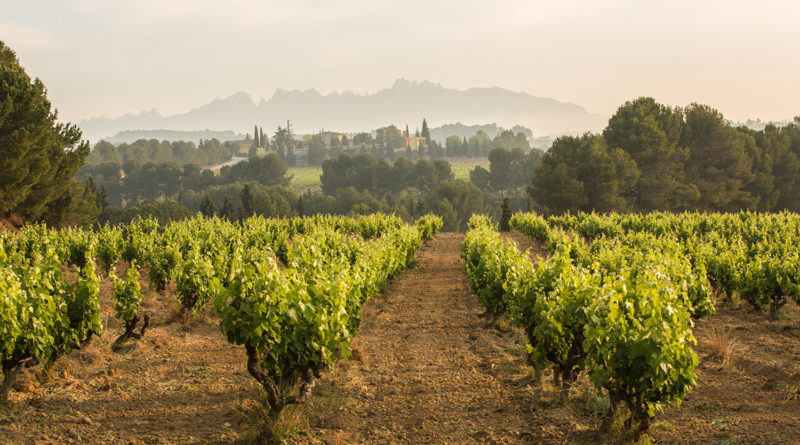



Les plantes medicinals han estat utilitzades des de l’antiguitat per millorar la nostra salut. Personalment les utilitzo com a preventiu o per curar-me i sempre he tingut bons resultats.
Tens molta raó, Anna…, i és que allò que ha anat bé i ens ha servit des de fa centenars i milers d’anys, sembla que ara, a l’època contemporània a la qual vivim, ja no valgui per res, i només ens ho volen fer creure per així poder donar el màxim benefici al lobby farmacèutic… Moltes gràcies pel teu comentari!!!
👏
Gràcies, Daniela!!!
Fascinant el mon de les plantes remeieres,un article més que instructiu
Celebrem que t’hagi agradat, Alícia, moltes gràcies pel teu comentari.
Interessant article
Gràcies, Manuel, pel teu comentari. Seguim endavant!
Ok 👍
🙏
👌
💛